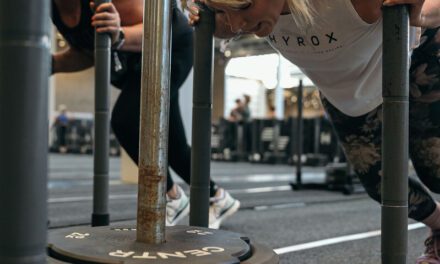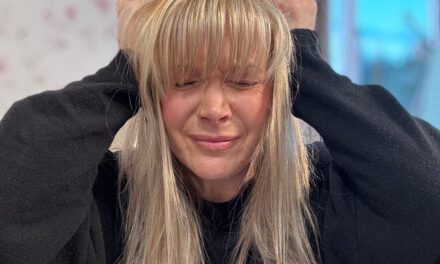Discover the Truth Behind Weight and Health
Unveiling the Myths of Underweight Health
It’s one of the most common questions I hear in my therapy room: “Can you be underweight and still healthy?”
On the surface, it seems like a fair question. After all, if someone is eating “enough” and looks slim but not skeletal, does it matter?
The answer is ➔ yes, it matters. Because being underweight isn’t just about how you look on the outside, it’s about what’s happening inside your body.
The Myth of ‘Healthy Thinness’
Culturally, we’ve been sold the idea that smaller = healthier. But science tells a different story.
-
When you dip under the “healthy weight” category, you’re not just losing fat.
-
You’re losing muscle, organ tissue, and bone density.
-
Your body begins to run on survival mode, rationing energy and shutting down “non-essential” functions.
That’s why I sometimes see young adults in their 20s already facing osteoporosis, bones so fragile they fracture under pressure.
The Hidden Impact of Being Underweight
Why BMI Still Matters (Even if it’s Flawed)
BMI has its critics, and rightly so. It doesn’t account for muscle mass, genetics, or diversity in body shapes.
But ➔ here’s what most people don’t realise:
-
At the higher end, BMI can be misleading (muscular people may score “overweight”).
-
At the lower end, BMI is a reliable red flag. It’s telling us your body is breaking down muscle and organs just to keep you alive.
So when someone drops below a BMI of 20 (for white, Western European bodies), it’s rarely “just slim.” It’s often a sign of damage beneath the surface.
Understanding the Thinness Ideal
Culturally, we’ve been sold the idea that smaller = healthier. But science tells a different story.
-
When you dip under the “healthy weight” category, you’re not just losing fat.
-
You’re losing muscle, organ tissue, and bone density.
-
Your body begins to run on survival mode, rationing energy and shutting down “non-essential” functions
That’s why I sometimes see young adults in their 20s already facing osteoporosis ,bones so fragile they fracture under pressure.
Reframing Health Through Therapy
The Silent Consequences of Being Underweight
Being underweight doesn’t just affect appearance. It can quietly disrupt almost every system in your body:
-
Hormones ➔ missed periods, low testosterone, fertility struggles.
-
Mood ➔ anxiety, depression, irritability.
-
Brain ➔ poor memory, brain fog, obsessive thinking.
-
Long-term ➔ brittle bones, weakened heart, slowed metabolism.
On the outside, someone may look “fine.” On the inside, their body is fighting a losing battle.
Why We Struggle to See It as Dangerous
Part of the issue is that our culture still praises thinness.
-
A friend might say “You look amazing” without realising you’re skipping meals.
-
A GP might miss the signs if your weight hasn’t plummeted below a certain number.
Add social media filters and diet culture, and “underweight but healthy” becomes not only accepted, but celebrated.
This is where the danger lies.

The Therapy Lens: A New Perspective on Health
In trauma-informed eating disorder therapy, I work with clients to:
-
Separate weight from worth.
-
Rebuild trust in the body through nourishment, not punishment.
Health is not a number. It’s energy, strength, flexibility, mood, sleep, and resilience.
What Real Recovery Looks Like
Recovery doesn’t mean gaining weight until your jeans feel tighter. It means:
-
Waking up with energy.
-
Laughing without fear of calories.
-
Exercising because it feels good, not to burn.
-
Knowing your bones, heart, and brain are supported — not slowly breaking down.
That’s health. And that’s possible.

Take the First Step Towards Healing
Discover a path to recovery that goes beyond numbers on a scale. Book a free consultation to explore how our trauma-informed therapy can support your journey to health and well-being. Whether you’re seeking guidance for yourself or a loved one, we’re here to help you redefine what health means.
Becky Stone
I’m Becky Stone, a qualified eating disorder therapist based in Canterbury. I specialise in trauma-informed, neurodivergent-affirming support for teens and adults struggling with anorexia, bulimia, binge eating, ARFID, and body image concerns. My work is rooted in compassion, lived understanding, and helping clients find freedom beyond food rules and numbers.
Join Our Supportive Community
Stay connected and inspired by subscribing to our newsletter. Each week, receive valuable insights on recovery, self-worth, and living a fulfilling life beyond eating disorders. Our content is designed to uplift and empower you on your journey. Sign up now to get these supportive messages delivered straight to your inbox.







